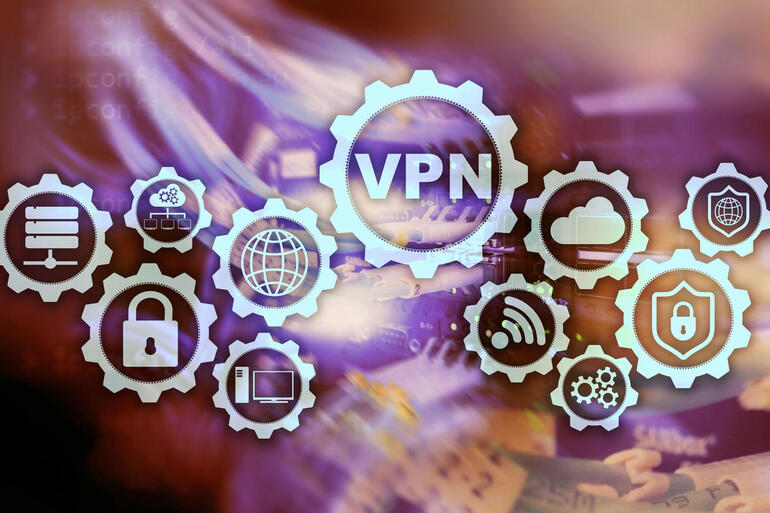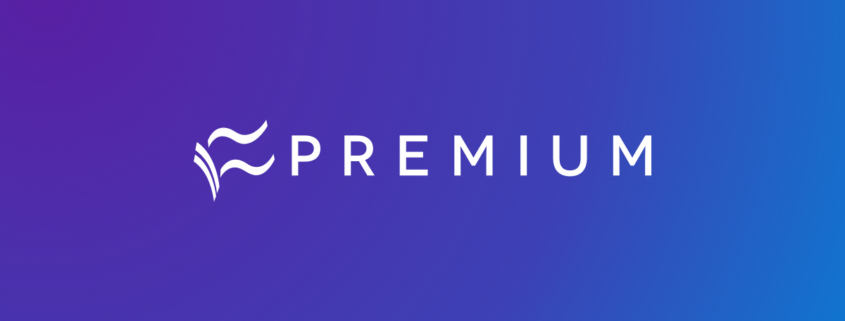VPN and mobile VPN: How to pick the best security solution for your company
With the influx of remote workers, companies must develop and implement guidelines to ensure network security.

Image: Getty Images/iStockphoto
One of the most noticeable changes to the enterprise as a result of the COVID-19 pandemic is the move to hybrid or remote work. As more and more employees work remotely indefinitely, the need for secure access to networks, systems and data becomes even more paramount.
Deploying a virtual private network (VPN) in your organization accommodates remote employees by providing safe access to those internal resources.
Enjoying this article?
Download this article and thousands of whitepapers and ebooks from our Premium library. Enjoy expert IT analyst briefings and access to the top IT professionals, all in an ad-free experience.
Join Premium Today
Another bonus: VPNs can be used in conjunction with single sign-on services and outside applications (such as Slack or G Suite) to streamline business applications usage and identity management, making it even easier for employees to work remotely.
However, providing employees with VPN access is just the start. Companies should also enforce a VPN usage policy. Otherwise, network security and internal resources may be at risk.
This VPN usage policy, from TechRepublic Premium, offers customizable guidelines to help IT ensure that VPNs are properly deployed, and it outlines acceptable use policies for end users on company-issued and personal devices.
TechRepublic Premium
Not only has demand increased for VPNs, but the availability of VPN options has increased too. Case in point: mobile VPNs. Mobile VPNs stay intact across changes in physical connectivity, hence the “mobile” in the name. This solution ensures data user mobility and…


